Download the Navigator Professional Framework
Share your views
Coordination
Coordination is an integral part of a Lung Cancer Navigator/Coordinator’s role, ensuring patients on the cancer pathway have a seamless transition of care from the initial suspicion of cancer through investigations, diagnosis, treatment and follow-up care. The key aspects of coordinating is organising and collaborating with various healthcare services, departments and professionals to ensure patients receive timely and effective care; working with a multidisciplinary team including doctors, nurses, radiologists and other healthcare professionals to create a treatment plan for patients; and coordinating care with other Trusts to ensure that patients receive the right care at the right time, minimising delays to ensure a smoother pathway and a better experience for patients.
Advocate
A Lung Cancer Navigator/Coordinator is a healthcare worker who advocates and helps guide patients through the complex process of investigations, diagnosis and treatment. They act as a liaison between the patient and the healthcare teams, ensuring that the patients understand the many different diagnostics they will be referred to and make sure they have all the information they need to support them on their journey.
Navigators/Coordinators offer emotional support to patients and their families, helping them feel more empowered and less overwhelmed, playing a vital role in reducing barriers to care and ensuring that patients receive timely, efficient and personalised care. They help simplify the healthcare journey for patients, especially at such a challenging and emotionally taxing time. They offer guidance and reassurance, ensuring patients don’t feel lost or unsupported during their journey. They are also able to escalate patients’ needs to LCNSs for further assessment of concerns and needs.
Information
Lung Cancer Navigators/Coordinators play a crucial role in informing both patients and their families about the lung cancer pathway and ensuring patients and their families are well informed throughout the investigation, diagnosis, treatment process and further follow-up post treatment. Navigators/Coordinators help patients and families connect with cancer support groups where they can share experiences and find emotional support from others going through similar experiences and ensuring they have access to the resources and services they require.
Facilitator
The Navigator/Coordinator role requires a combination of clinical knowledge, organisational skills and emotional intelligence. The facilitator aspect of the role not only involves guiding patients through the lung cancer pathway but also improving care processes, advocating for patients’ needs and being a source of support for both healthcare teams and patients. This requires a facilitator style that emphasises clarity, patience and empathy, actively engaging with patients, listening to their concerns and making sure their voices are heard within the healthcare team. Navigators/Coordinators often work within large healthcare systems which can be difficult to navigate. A strong facilitator in this role will possess the skills to identify and overcome barriers to care, whether they are logistical, financial or systemic. Facilitators in this position are skilled problem-solvers who think creatively to help patients overcome barriers to treatments and care.
